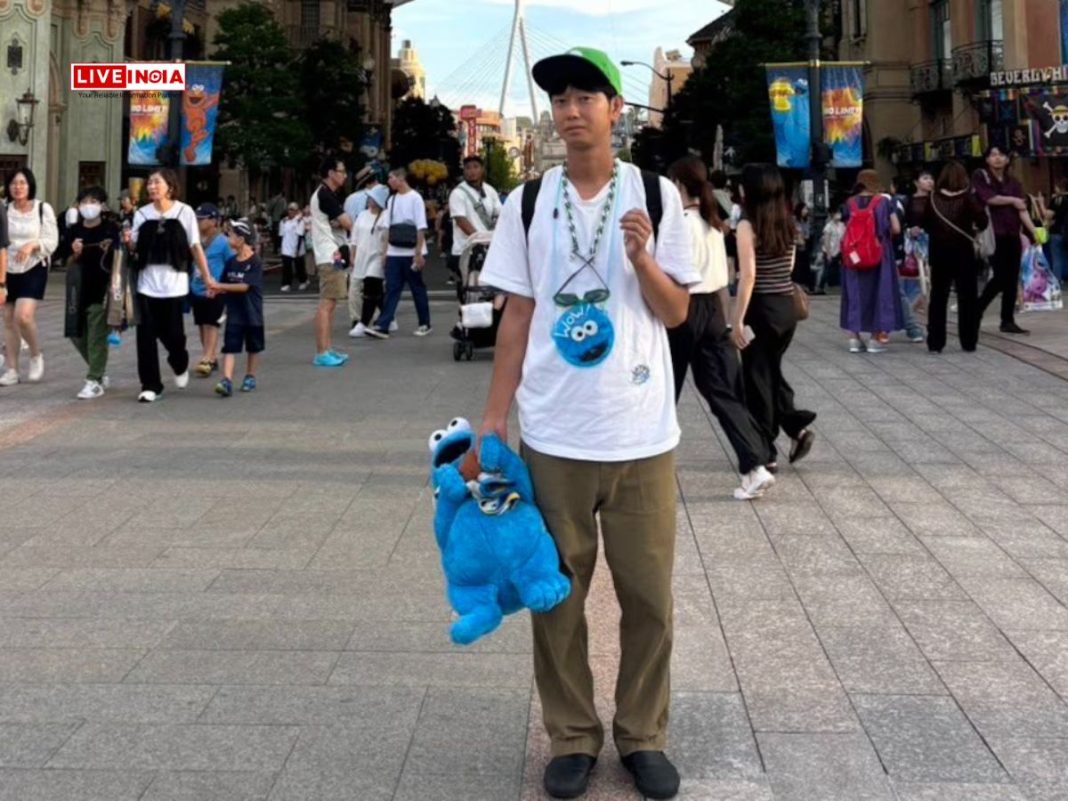“Shoji Morimoto provides non-romantic companionship for strangers, redefining social interaction in Japan’s unique rental services industry.”
January 9, 2025: Shoji Morimoto, a 41-year-old from Japan, has turned “doing nothing” into a lucrative profession, earning approximately ₹69 lakh annually. After being fired in 2018 for showing a lack of initiative, Mr. Morimoto found his calling as a “rental do-nothing” companion. He offers non-romantic companionship to strangers, meeting their unique needs without engaging in unsolicited conversation or activity, according to CNBC Make It.
Morimoto’s job involves being present for clients in a wide variety of situations, including:
- Supporting a marathon runner by waiting at the finish line.
- Joining video calls while clients clean or redecorate their homes.
- Attending concerts on behalf of someone who couldn’t make it, ensuring their friend has company.
Despite the simplicity of his role, Mr. Morimoto has clear boundaries, explicitly avoiding any sexual activities. Reflecting on his work, he shared, “I’ve faced objectively difficult situations, from standing for hours in harsh weather to being alone on stage in front of a large audience. Yet, every experience feels unique and special.”
One of his most notable assignments was a 17-hour journey on Tokyo’s Yamanote train line, completing 13 laps. He has also offered a listening ear to clients on bad days, refraining from providing advice or judgment.
Mr. Morimoto handles about 1,000 requests annually and operates on a pay-as-you-wish model. Previously, he charged a flat fee of 10,000 to 30,000 yen ($65 to $195) per session. In 2024, he earned $80,000 (₹69 lakh).
Japan’s Rental Services Industry
Japan has a thriving rental services industry, where individuals can hire companions for various social needs. These include temporary friends, significant others for social events, or even family members for emotional support. The demand for such services stems from factors like loneliness, social awkwardness, and the challenges of direct communication.
Hiroshi Ono, a human resources professor at Hitotsubashi University, highlighted that many Japanese people find it hard to initiate friendships due to the potential awkwardness of confrontation. This discomfort drives individuals to pay for social interaction, outsourcing relationships to avoid personal unease.
Despite the uncertainties about the sustainability of his pay-as-you-wish model, Mr. Morimoto is optimistic and enjoying the journey. “I charge a voluntary fee, so I don’t know if it will be sustainable, but I’m having fun trying to see if it’s possible,” he remarked.

